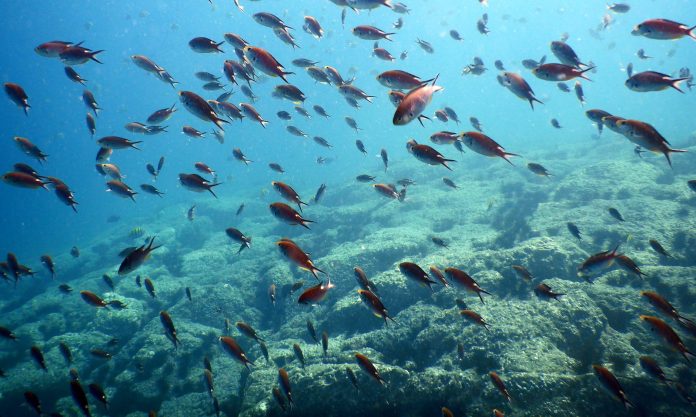Protecting the environment in the EU’s seas and oceans (review of the Marine Strategy Framework Directive).
- One might think if I do not live next to the ocean then it does not affect me. Well, it does, almost three-quarters of the planet are made up of oceans. The phytoplanktons that live on the surface of the water are responsible for half of the oxygen in the atmosphere.
- Unfortunately, human activities have a negative impact on the oceans, affecting marine life, ecosystems and habitats.
Problems this initiative aims to tackle:
- Both financial and human resources devoted for the directive do not seem to be enough to fulfill the needs required.
- While several efforts have been made to protect the marine environment, the level of protection varies from one protected area to the other and is not sufficient.
- The MSFD could use more data gathering and analysis. Marine protection could also use more digital tools.
- Member States are generally late in reporting problems, which in turn prevents the Commission from providing accurate timely analysis and suggestions.
- Member States programmes are not always focused on tackling the issues at-hand.
- According to the directive, Member States were supposed to reach Good Environmental Status (GES) by 2020. However, it is extremely hard to verify whether this point is reached because many Member States’ definition of GES is not specific enough to be measurable and not regionally coherent.
- Biodiversity loss, pollution, fisheries, seabed damage, introduced species, ocean warming and ocean acidification; are all examples of impacts responsible for the decline in the marine environment.
- Coastal economies mainly rely on fishing and tourism. If workers think they cannot do their work then there is a big chance they will not assist in saving the marine environment.
Solutions:
- MHR supports and endorses this initiative in protecting the marine environment and the review of the Marine Strategy Framework Directive.
- MHR suggests allowing civil society organizations to lend a helping hand to both the European Commission and European countries, so that they both work hand-in-hand to enhance the marine environment.
- It is important to realize that everything is interconnected, it is absolutely vital that marine protection plans account for the fact that one area affects the other.
- Governments need to implement more strict regulations regarding the marine environment with serious punishments if those regulations get disregarded.
- Conservation requires a lot of money, so it is important to provide marine environment organizations with enough money to work efficiently, which can be done by a fundraiser.
- MHR strongly suggests increasing awareness concerning the marine environment which can in turn provide more human resources devoted to the cause. This means it will also provide more job opportunities.
- MHR recommends that the EU creates a regulation that states clearly what is the Good Environmental Status (GES) that we hope to achieve.




